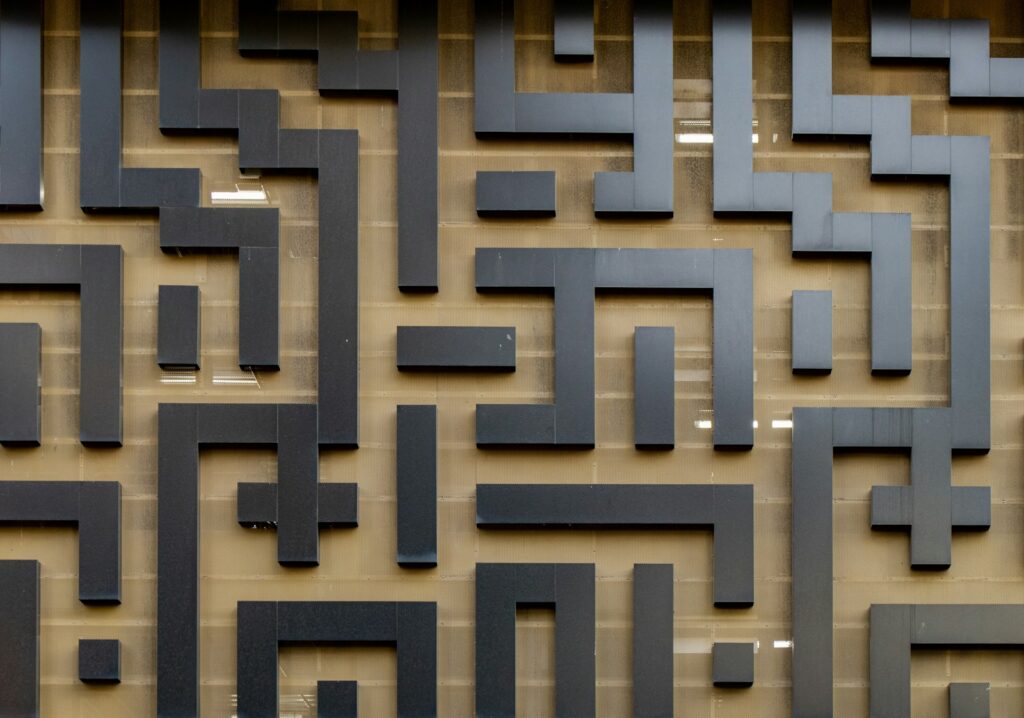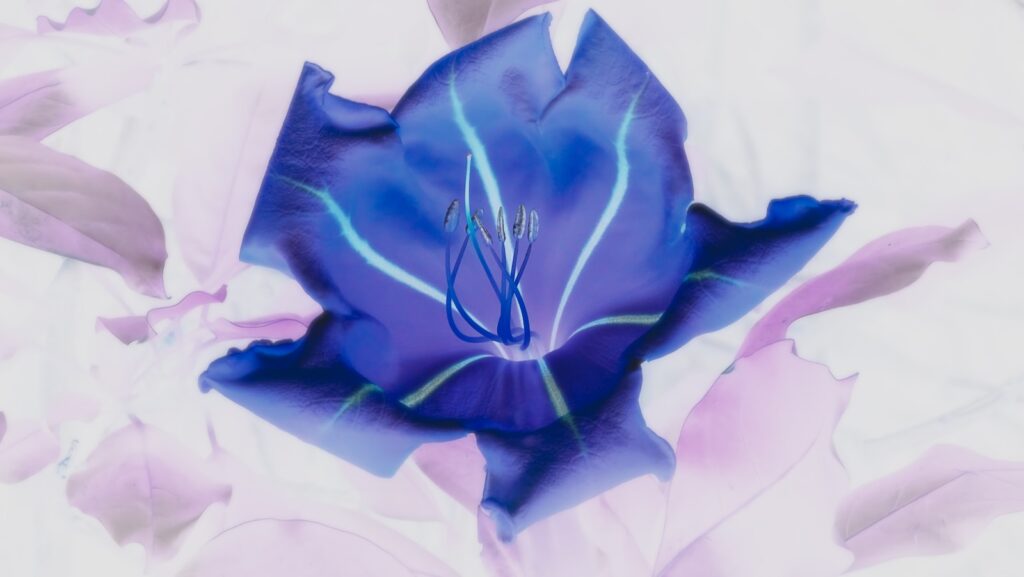The social media where people records their lives instead of living it breeds a phenomenon of performative life. When we curate life instead of living it, we will project many things. And get stuck with any kind of illusions such as the illusion of self-growth and the illusion of self-perfection. But now, we begin with the illusion of progress.
Understanding Performative Self-Growth
Performative self-growth is a condition when one is performing a growth while in reality, denying the unfinished baggage within themselves. This may look similar like a duck syndrome, a phenomenon among the university students. It is a term for seemingly effortless achievement while hiding a distress under the surface. Referring to how a duck appears calmly while struggling its feet to keep afloat.
This duck syndrome will get worse and ‘infectious’ by the ‘help’ of social media. A platform where people show and curate their lives to make it appeared elegant, collected and successful. The pressure to look okay is higher than to be okay in reality. By having this measurement, people will unconsciously set imperative goal to look that they have improved in life. And this may lead to the illusion of progress.
The Cultural Attitude behind
What goes beyond this performative life is the cultural attitude that nourishes it to some degree. If we look closely enough at social interaction through social media, we may find a comparative attitude between people. This comparative attitude, perhaps, at the beginning, meant as a way to relate to others. But then people tend to highlight their experiences more than others. This became the source of comparison that ‘mine is more than yours’ attitude.
When we interpret life as a comparative process, then in social interaction there will be an imperative structure to hold everything in its place. Everything should be put in its box to be labeled as such and such, which aligns with what is known as such and such. On the other hand, growth means outgrowing all the boxes that once held us back. And it also means growth will shatter the box and make it look chaotic at the beginning. It won’t give us the comfort of ‘winning the game of life.’ To its contrary, apparently growth gives us the feeling of losing the game since there are many great things that beat us up to the ground.
The Consequences of Performative Growth
Having the ‘obligation’ to keep up with this imperative pressure, one may lose themself in the rat race without ever live outside the rat race itself. In addition, one will have to compromise a lot to keep them into that race. To some extent, compromise means cutting and shaping ourselves into pieces that fit-in to the boxes. Unfortunately this goes against the purpose of self-growth itself. So when these two contradirections meet, there will be a process of annihilation of the progress itself. There is no progress, only stagnancy. Yet, the rat race won’t tolerate any stagnancy and we will nourish the illusion of growth to cope with this.
Hence, this denial of the stagnancy and the reality of our mental condition surely will built a gap. And it cost us a mental exhaustment to fill up the gap. To the point that we may feel depressed and not only anxious, as growth will de-pressed us to the root of our neglected self-problem that is also hold potential of growth itself. Imagine a condition where a woman are ready and feel the strong push to deliver a baby, but she keep trying hard not allowing the process to happen. Mentally, it is how the process of growth may feel like.
Another consequence of performative growth is a corruption in our ability to connect with our authentic selves. When we live as if life is a performance, we cease to have the ability to witness our raw and authentic selves. This may hold us back from healing our buried and unnoticed wounds that lie closely to the root that we will find if we allow ourselves to dig.

How to Stop Performative Growth
Half of life is lost in charming others. The other half is lost in going through anxieties caused by others. Leave this play, you have played enough.”
Rumi
Perhaps the goal of midlife crisis is to stop this performative life. But what if you want to stop this, so that in the future, midlife crisis may not slap your face too hard. Here is some valuable experience that I had while coping with midlife crisis and reconnecting with my authentic self. But it is important to highlight that all of these tips are not a replacement for therapy. It is more like tools and steps to have a deeper sense of self-introspection and self-reflection.
Allow yourself to be vulnerable
By vulnerable, I mean being raw to yourself, not using your vulnerability to seek attention from others or the outside world and self-centering yourself in every conversation. Or through social media in which I found many people expose their ‘manufactured vulnerability’ to have validation of what they want to show off. Quite contrast to the meaning of vulnerability itself. Vulnerability is not for validation from the outside world, but more for opening the gate of raw conversation with ourselves.
Also, by allowing your vulnerability to show up and witnessing it, you will get to know your shadow self more. Your rejected parts most often hide in deep seated emotion which you are not aware of in which can activated your complexes.
Ask yourself what’s the most important value in your life
Having a raw and honest conversation with yourself will help you identify the value of your life. By this, I also mean to step aside from your life goals and plans and review them one by one, using this simple yet not easy question: “Will this bring me closer to myself?” This valuable question will help you discover your own measurement and understanding of becoming your true and authentic self.
Listen to Your Gut
As an intuitive preference and also a head triad in the enneagram system, I often don’t ‘understand’ my gut instinct. I make this statement so you know that intuition and gut instinct are two different things. They are not the same. Intuition is based on your cognition; it will abduct you from seeing things as they are, and instead, it will bring you closer to the best possibility (or possibilities) that lies ahead. Having this as my dominant function often makes me neglect my instinctual alarm in my body. So I try to reconnect it with the help of my dominant and my two auxiliary functions.
I see my own pattern of having this sense of suffocating. So I categorized that sense as a betrayal alarm. That is the language of my gut instinct. It gives me a sense of betrayal whenever I cross my own boundaries when setting goals or planning my life. This sense of feeling is different from fear, or the tendency to procrastinate. I just can’t put words into it. But my point is, your gut will try to speak in its own language.
Conclusion:
The illusion of growth arise due to our incapability to see and understand the regression and progression process within. And by practicing a self-reflection and a deep introspection, we may disillusion ourselves.





One Comment